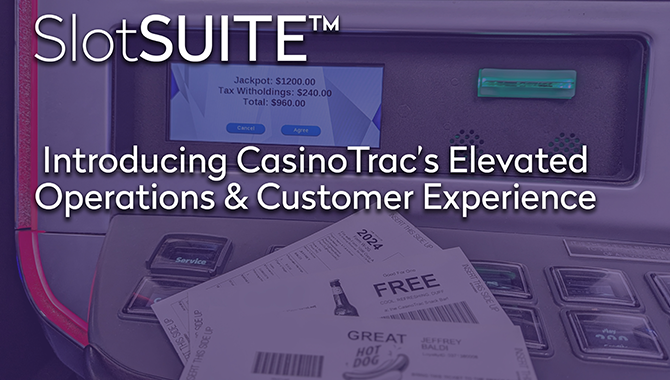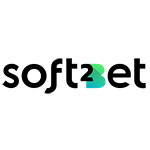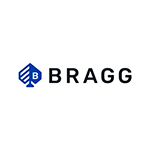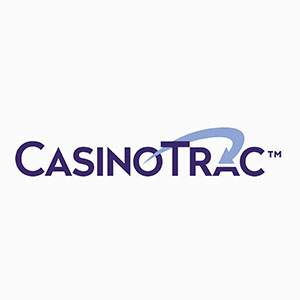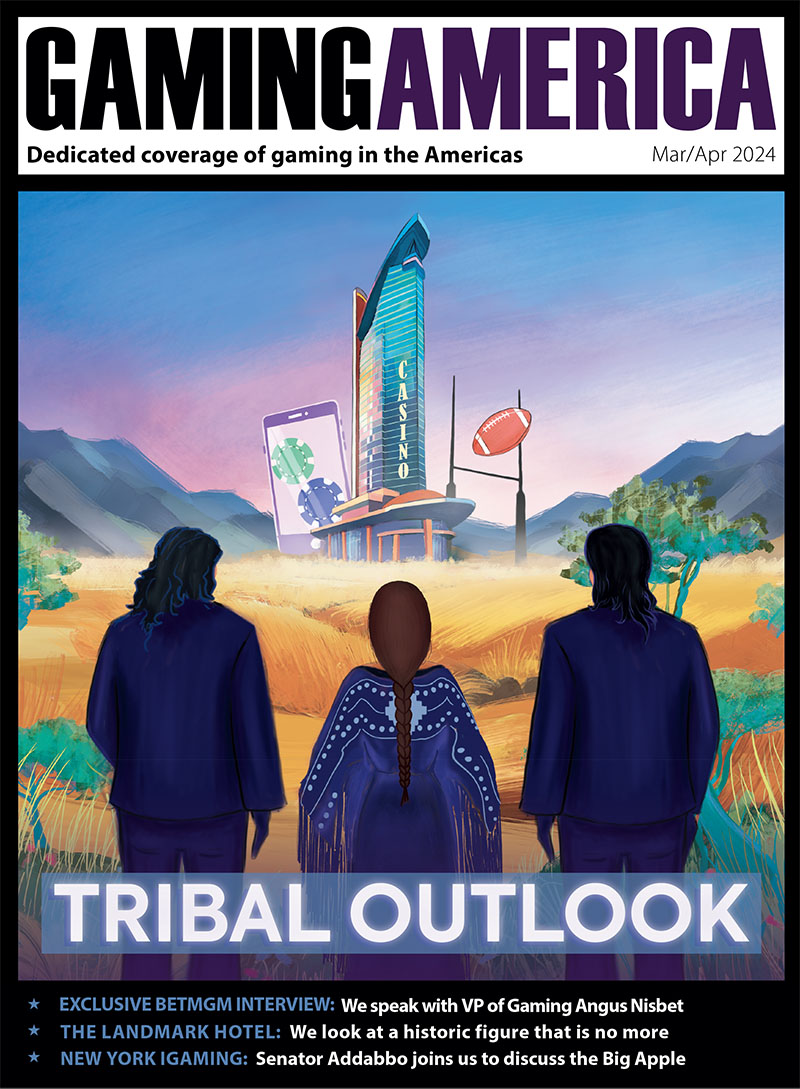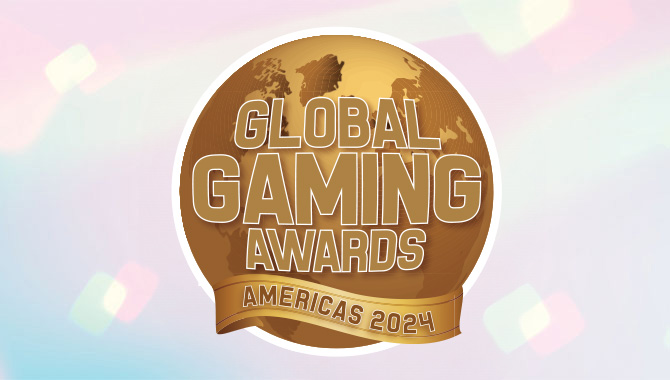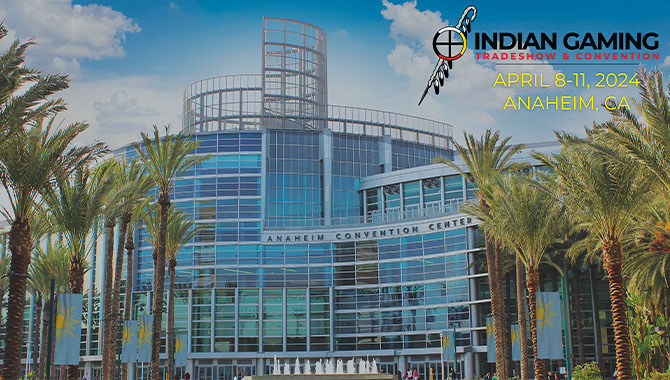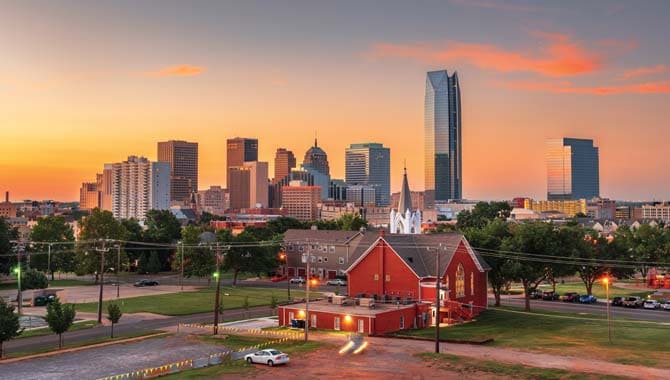
In your mental image of Oklahoma there are endless plains punctuated by oil derricks, a landscape criss-crossed by the wandering vortex clouds of early spring’s tornados and bisected by lonely roads leading to a distant horizon. This view is a reductive one.
One of Oklahoma’s most outstanding features is its place in the history of native peoples, especially since the establishment of the United States. It is a land where the tribal legacy runs deep, and the modern incarnation of the state (and of the gaming industry within the state) is one indelibly marked marked with this history.
This legacy is etched into the the very name: it comes from the Choctaw language, in which ocla means ‘people’ and humma means ‘red.’ The history of the territory speaks to a tragic pillar of US history, in which native peoples were forcibly removed from across the Southeast. Prior to the forced removals in the first half of the 19th century, the land belonged to the Osage and Quapaw peoples. In quick succession, the US government began dividing up the land for others coming from elsewhere. The first were the Choctaw, who arrived on the famous Trail of Tears from present day Mississippi and Alabama in 1831. The arrivals from the Trail of Tears are often erroneously said to be the Cherokee, but these people came slightly later, from the Carolinas. In total, 17,000 Cherokee (and 2,000 of their African-American slaves) were transported. Then others from across the nation came to what was then known as Indian Territory. Today, Oklahoma is home to no fewer than 39 tribal nations and, unsurprisingly, has one of the strongest tribal characters of any state in the nation.
Into this mix comes gaming. When tribal gaming was effectively allowed – first in 1983 with the Supreme Court decision California vs. the Cabazon Band of Mission Indians and later, in 1988, when it became federal law with the Indian Gaming Regulatory Act – Oklahoma was uniquely placed to benefit. Indeed, it created one of the most exclusively tribal zones of gaming in the country. But it didn’t happen over night.
“The story of tribal gaming in Oklahoma is an exciting success story,” says Matthew Morgan, the Chairman of the Oklahoma Indian Gaming Association. “We started from very humble bingo halls situated in retrofitted buildings.” From that point came the tribal/state compacts, the agreements between tribal and state authorities (every state with tribal gaming has one) that further regulated the activity.The first of these was in 1992 and it allowed for pari-mutuel horseracing at casinos. From here, Class II games were introduced. By 2004, the state and the tribes again came together to allow Class III gaming. Ball and dice games were included in the compact in 2018.
Over a few decades, an industry has been created, and today there are 35 tribal nations in the state of Oklahoma operating over 130 gaming facilities. With in these are about 72,850 differing types of electronic games as well as 5,300 seats of bingo. And it’s not just gaming: included in the 20 casino/resorts that are active in the state are a combined 5,000 hotel rooms and 500,000 square-feet of meeting space.
With all of this comes economic benefits that reward residents across the state. We're not just speaking about over $2bn in tribal gaming revenue seen in 2021, or the $163m in tribal exclusivity fees that the state collected last year (a 32% increase on the year before), but also the implementation of an elaborate regional market that both supports the tribal sector and which the tribal sector supports.
Chairman Morgan noted this, commenting: “Gaming itself is really just the beginning. Tribal gaming does create and drive an ever-expanding robust economic ecosystem. Around that primary industry – gaming – we’ve been excited to see Oklahoma really blossom into an industry leader in game design, technology and manufacturing, financial services food and beverage and more.” Morgan then goes on to enumerate the many businesses that thrive as a result ofgaming: 200 restaurants and bars, nine golf courses, five spas, seven RV parks,over 50 gas station and convenience store locations, in addition to numerous retail opportunities. He then went on to note that, “They also create their own ancillary ecosystems – things like bookkeepers and accountants, marketing teams, housekeeping staff, chefs and kitchen teams.”
Also – to dispel the notion that thereare only land-based operators in the state – many gaming companies that service the industry are based in, or keep offices in, Oklahoma, among them being Aristocrat, Gaming Capital Group, Dynamic Gaming, Purpose & Performance Group and Castle Hill. We spoke to one of them – Casino Cash Trac – which is based out of Tulsa.
Casino Cash Trac provides analytical systems designed to help casinos streamlineand automate operations, aids in their revenue audit processes and offers qualitydata analysis. The company is a lesson in the breadth and influence an Oklahoma company can have: not only is its technology installed in 80% of gaming facilities throughout the state, it has also been installed in 200 land-based operations across the US, Canada and the Virgin Islands.
Company Marketing Manager Kiley Proffitt spoke to the accomplishments of this company borne of the high plains: “We are proud to be a company with Oklahoma roots. Casino Insight [the company’s marquee product] is… across the US and is currently being used in both tribal and corporate casinos in 22 states. Over the past few years, we have helped several corporate casinos as well, with the the opening of Resorts World in Vegas, Circa, Live! Philly and, most recently, the reopening of the Palms Casino. We willcontinue to focus on expanding across the country and overseas to help clientsstreamline their operations and create efficiencies across the organization.”
And these companies active in Oklahoma are looking to the future. Cashless adoption, says Proffitt, is a huge force now and expected to remain so for the coming years. Her company, “is helping several tribes implement processes to handle those new changes as we have experience in other states handling sports betting and cashless.”
Digital gaming is also a good move for Oklahoma (so often seen as a stronghold for traditional land based offerings) as it moves into this next phase of American gaming. Chairman Morgan expressed as much when discussing the need for the industry in Oklahoma to adapt: “Digital gaming is a fun and exciting trend that appeals to broad segments of our audiences, specifically younger players, so we are looking for ways to meet that interest with exciting offerings. Tribal gaming is a nimble and innovative industry… digital gaming can engage new audiences or serve as an energizer, or something new to play for more established clients. Digital gaming is here, and at this moment it has the potential to become a big part of the future.”


